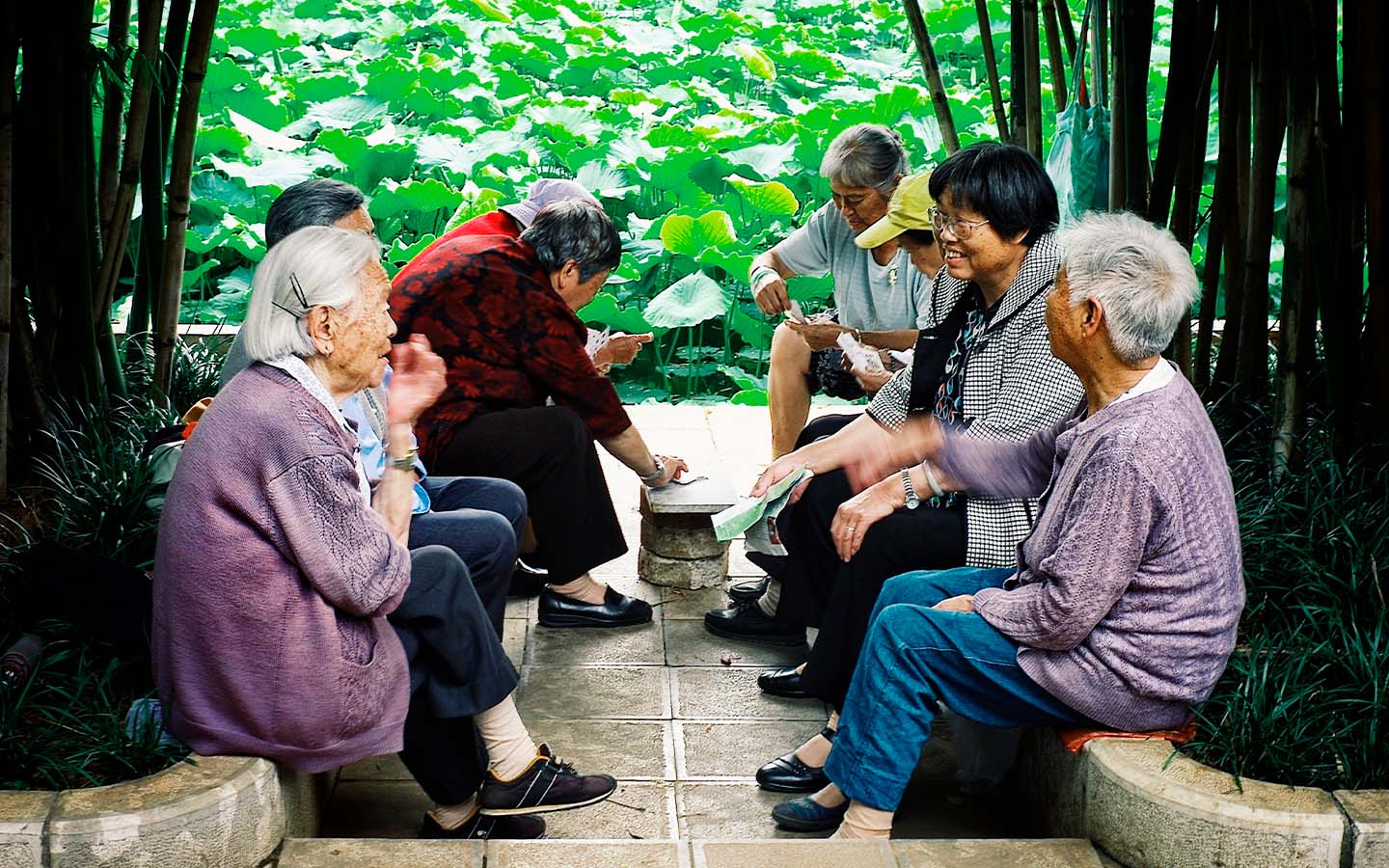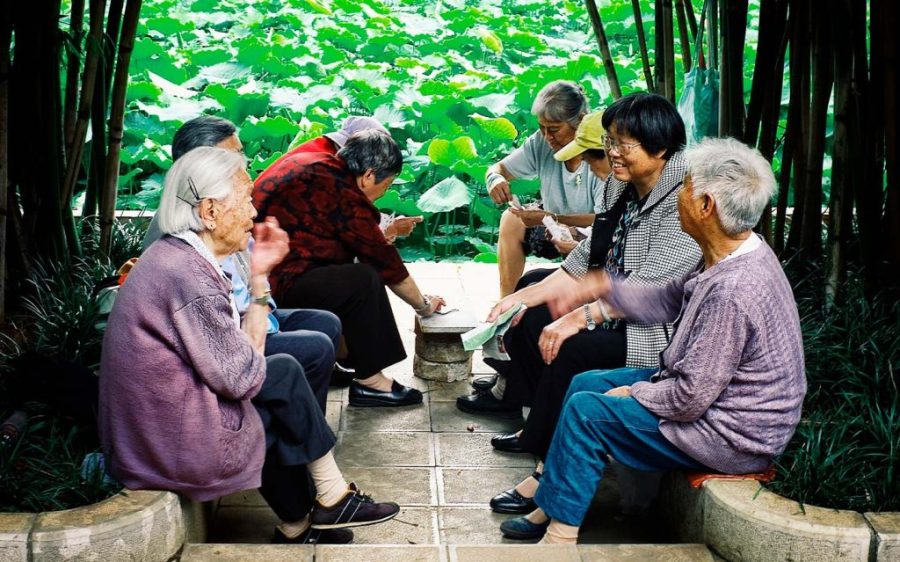Macao is set to exceed the threshold for a “super-aged society” in 2029, which the UN defines as a country or territory in which at least 20 percent of the population is composed of individuals aged 65 or over.
During a Q&A session at the Legislative Assembly yesterday, the secretary for social affairs and culture, O Lam, pointed out that elderly residents currently account for 14.6 percent of the entire population. This figure is forecasted to surpass the UN threshold in 2029, rising to 21.4 percent. By 2041, the total will balloon to 24.8 percent, accounting for nearly one quarter of the SAR’s population.
O said a community-wide response was necessary to tackle the issue, beginning with the establishment of 15 to 20 minute “elderly service circles” – that is, an elderly service organisation located within 20 minutes’ walk of every senior’s home.
Exacerbating the ageing problem is the city’s low birth rate, which O said stood at 0.8 percent in 2023. For comparison, the secretary said that mainland China’s fertility figure that year was 1 percent, while Hong Kong and Singapore’s totals were 2.75 percent and 1.05 percent. Similarly, Japan and South Korea’s 2023 birth rates were reported as 1.2 percent and 0.79 percent.
Data released by the Statistics and Census Service earlier this year revealed that the fertility number in 2024 fell to 5.3 births per thousand people, giving Macao one of the lowest birth rates globally.
[See more: Macao’s demographic data for 2024 provides a snapshot of an ageing population]
O highlighted that the lack of births would present a variety of challenges for Macao, including shortages in the labour force, a reduction in student population and greater strain on the city’s allocation of resources for the elderly.
The secretary said the government was currently adopting an approach that would address the issue from three fronts – childbearing, child-rearing and education.
In terms of childbearing, the government is hoping to reduce the financial pressure that young parents are facing when caring for their children. A monthly childcare allowance of 1,500 patacas (18,000 patacas per year) for children aged three or less (born between 2022 and 2024) is being introduced. According to O, applications for this new subsidy is expected to begin this summer.
As for child-rearing, O said that the government intends to improve healthcare services for children and is exploring whether there is a need for creche services for children aged two or under.
A study on the impact that Macao’s declining birth rate will have on education is also set to be conducted, with O noting that it will analyse the issue from various dimensions, including the allocation of resources and the scope of the education sector in the future.






